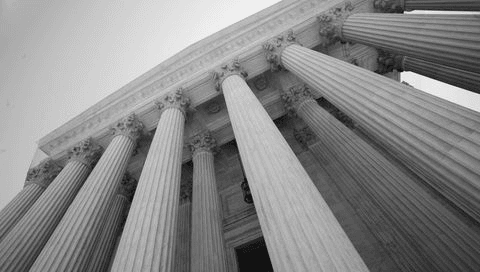In reaffirming Brulotte and its 50 years of precedent, the Court explained that the Brulotte rule is easy to apply: “A court need only ask whether a licensing agreement provides royalties for postexpiration use of a patent. If not, no problem; if so, no dice.” Although the Brulotte rule may prevent “some parties from entering into deals they desire,” the Court noted that “parties can often find ways around Brulotte, enabling them to achieve those same ends.” For example, “Brulotte allows a licensee to defer payments for preexpiration use of a patent into the postexpiration period; all the decision bars are royalties for using an invention after it has moved into the public domain.” Likewise, Brulotte permits royalties to “run until the lastrunning patent covered in the parties’ agreement expires” and “postexpiration royalties are allowable so long as tied to a nonpatent right—even when closely related to a patent.” Finally, the court explained that “Brulotte poses no bar to business arrangements other than royalties—all kinds of joint ventures, for example—that enable parties to share the risks and rewards of commercializing an invention.”
Kimble v. Marvel Entertainment LLC, 576 U.S. (2015).




